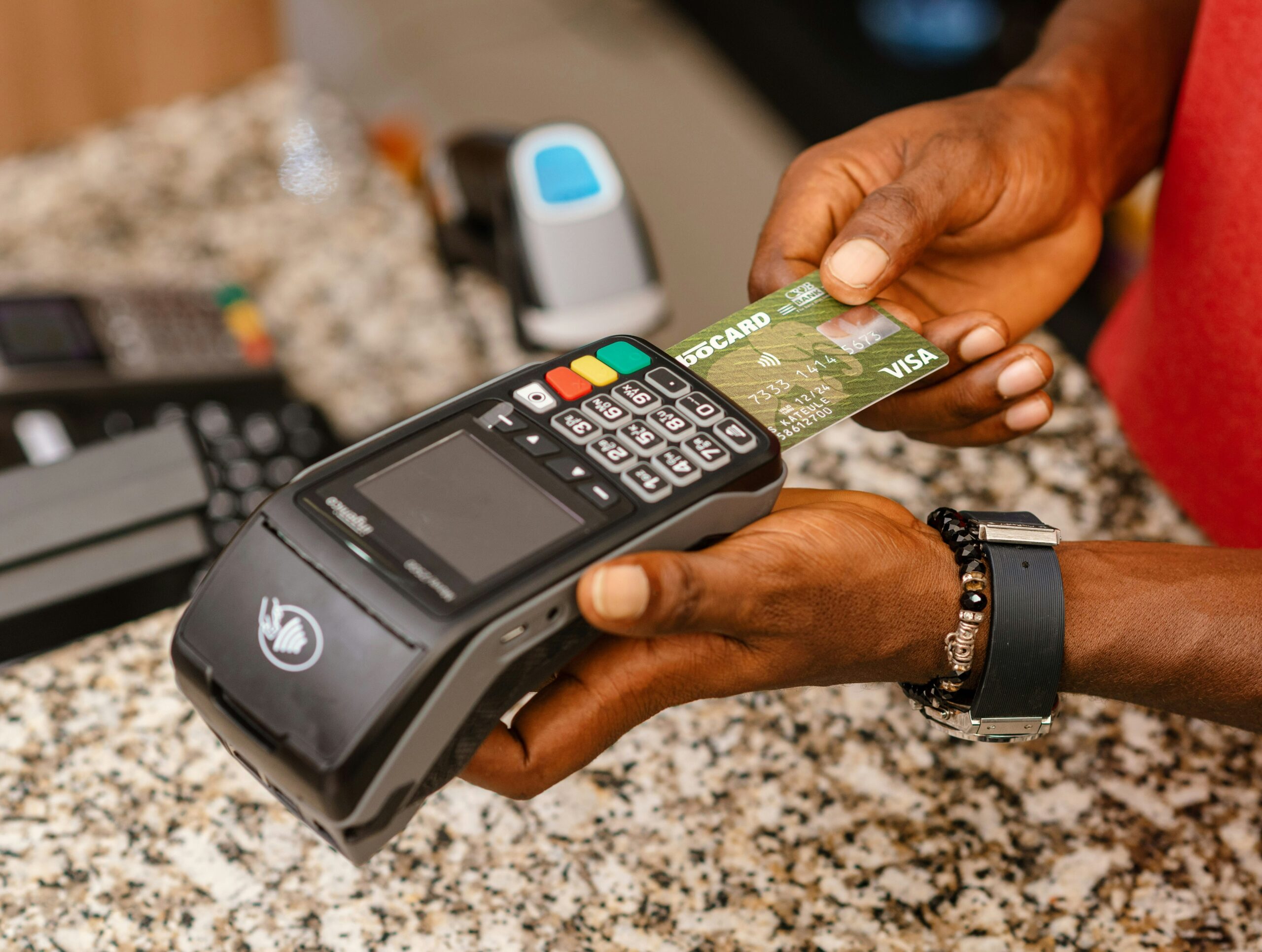First-time homebuyer tips that will save you thousands are crucial when navigating one of the biggest financial decisions of your life. Buying a home can be overwhelming—especially if you’re unfamiliar with the process, hidden costs, and negotiation tactics that can affect your long-term financial well-being. Learning how to prepare, shop smart, and avoid common mistakes can translate into real savings before and after closing.
Get pre-approved before house hunting
One of the most important first steps is getting pre-approved for a mortgage. This not only helps you understand what you can afford but also strengthens your offer when competing with other buyers.
Why it matters:
- Sets a clear price range
- Shows sellers you’re a serious buyer
- Helps avoid heartbreak over unaffordable homes
Don’t confuse pre-qualification with pre-approval. The latter involves submitting financial documents and carries more weight with sellers.
Read more: The Ultimate Guide to Improving Your Credit Score Fast
Shop for mortgage rates—not just homes
Many first-time buyers focus solely on the property and forget to compare lenders. Even a small difference in interest rate can save or cost you thousands over the life of your loan.
Smart moves:
- Get quotes from at least three lenders or use online marketplaces
- Consider credit unions, online lenders, and local banks
- Watch out for origination fees and closing costs
Negotiating with lenders or using quotes as leverage can reduce both your rate and upfront fees.
Understand total ownership costs
Monthly mortgage payments are only part of the picture. Property taxes, homeowners insurance, HOA fees, maintenance, and utilities can add significantly to your monthly expenses.
Avoid surprises by:
- Requesting a full breakdown of projected costs
- Asking about average utility bills and neighborhood assessments
- Budgeting for home repairs and annual upkeep
Knowing your true monthly cost helps avoid overextending financially.
Take advantage of first-time homebuyer programs
Many states and cities offer grants, low-interest loans, or down payment assistance specifically for first-time buyers. These programs can reduce your upfront costs and make ownership more accessible.
Look into:
- FHA, VA, or USDA loans (depending on eligibility)
- Local government assistance programs
- Employer-sponsored housing incentives
Check eligibility requirements early and apply as soon as possible, as funds may be limited.
Home buying assistance | USAGov
Don’t skip the home inspection
While it may be tempting to waive the inspection in a competitive market, skipping it can lead to expensive surprises down the line. An inspection gives you negotiating power and protects you from major structural or safety issues.
Inspection tips:
- Hire an independent, licensed inspector
- Attend the inspection and ask questions
- Use findings to negotiate repairs or price reductions
The upfront cost is minimal compared to the long-term financial risk of undiscovered issues.
Be patient and avoid emotional decisions
Buying a home is emotional—but financial discipline must come first. Overbidding or compromising on key priorities can lead to regret.
Stay focused by:
- Defining your must-haves vs. nice-to-haves
- Setting a firm budget and sticking to it
- Walking away if the deal doesn’t make financial sense
There will always be another home. Staying rational protects your finances and peace of mind.
Conclusion
First-time homebuyer tips that will save you thousands come down to preparation, comparison, and smart negotiation. From getting pre-approved to inspecting the property and exploring financial assistance, each step of the process offers opportunities to reduce costs and avoid costly mistakes. A little extra research and discipline upfront can pay off significantly over the life of your loan, helping you build wealth through homeownership the right way.











